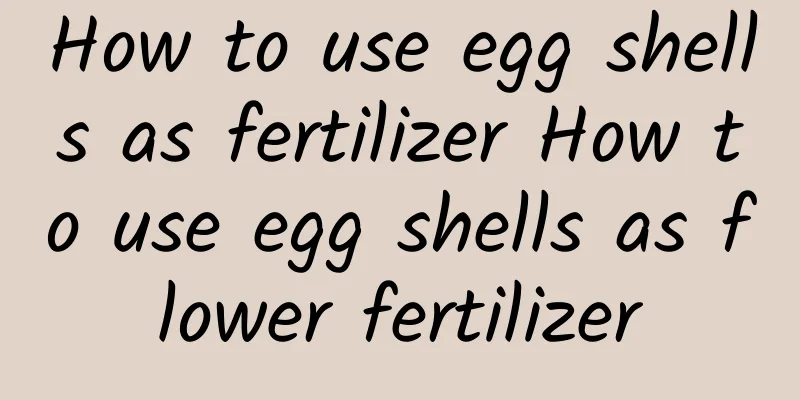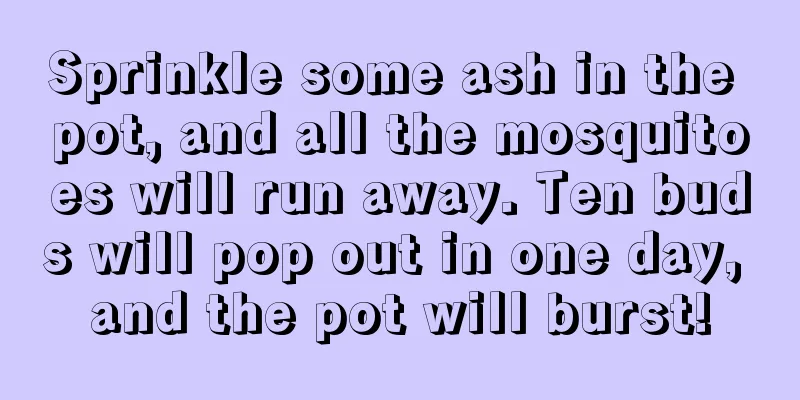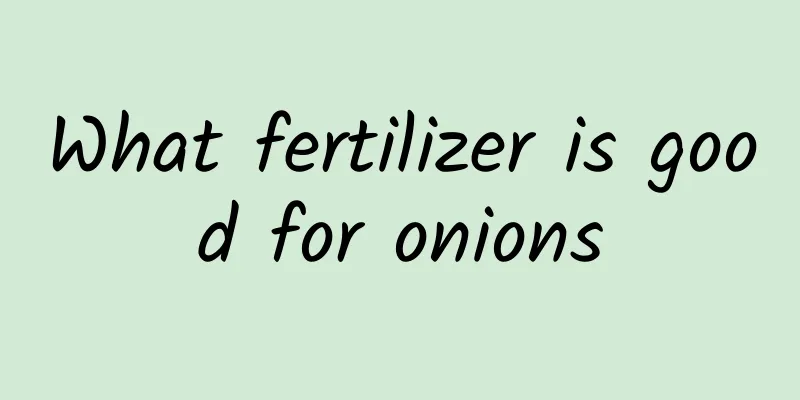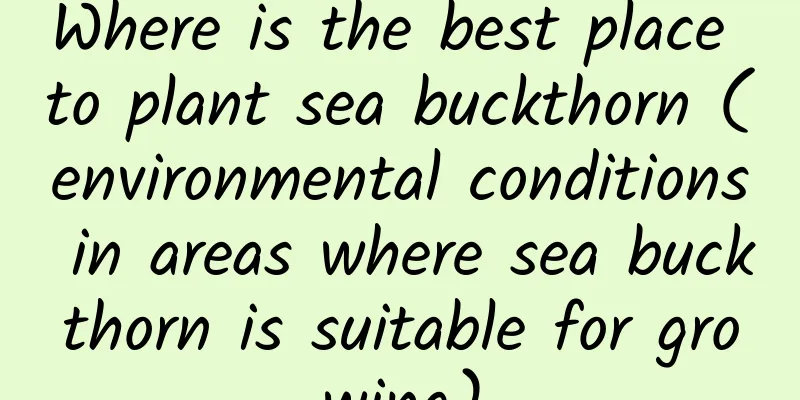How to use egg shells as fertilizer How to use egg shells as flower fertilizer

|
· Eggshells are good things. Many flower lovers already know that eggshells are very useful when growing flowers. In addition to eggshells, the raw eggs inside are also a magical tool for growing flowers. Using them to grow flowers can save money on fertilizers, and the effect is very good. So when we use eggs at home, what do we need to do to maximize its effect? The first method: using egg shells to ferment the soil Many times we will find that the soil for growing flowers lacks sufficient nutrients, but it is not time to change the pots. At this time, we can actually use egg shells to improve the problem of insufficient soil nutrients. We must first clean the collected egg shells thoroughly, and then break them into pieces, preferably crumbs, and then pour them into the potting soil and mix them. The soil can absorb the nutrients in the egg shells and increase its air permeability and water permeability. After that, we add some water, and the soil will become very fertile. But one thing to note is that before use, you must make sure to clean the eggshells and leave no egg liquid. Otherwise, after mixing them into the potting soil, it will easily cause pests and diseases in the later stage, causing the roots and stems of the plants to be eroded by insects. The second method: egg shell insect repellent Because the eggshell is sharp around the edges, many soft-bodied insects are very afraid of it, so we can take advantage of this shortcoming of insects to use eggshells to repel insects. You still need to clean the eggshells first, and there must be no liquid residue. Then cut the eggshells into pieces, and then insert them directly into the potting soil, about one-third of the way in, with the rest exposed. In this way, the exposed part of the eggshell is sharper. After inserting it in the flowerpot, insects such as snails will not be able to crawl to the roots of the plant, and it will not cause insect pests. Moreover, it can be replaced frequently without worrying about waste. The third method: growing flowers in eggshells Because the eggshell is round, we can often keep the normal eggshell when we break the eggshell, so we can collect this kind of eggshell. Then we clean it and dry it in the sun. After it is roughly dried, we can find a foam box and stand the eggshells in the box in order. |
<<: When is the best time to plant fruit radish (the best planting time and method in the north)
>>: How to plant newly bought jasmine flowers? How to plant newly bought jasmine flowers
Recommend
Is Tangyin suitable for outdoor cultivation?
Is Tangyin suitable for outdoor cultivation? Spri...
How to grow purple butterfly succulent
Purple Butterfly Succulent Growing Conditions Pur...
Diseases and Pests of Seabuckthorn and Their Control
Main diseases of seabuckthorn Shrinkage Shrinkage...
Can the drug-absorbing grass be hydroponically cultivated?
Can the drug-absorbing grass be cultivated in wat...
How to plant bitter melon on the balcony? How to build a frame for planting bitter melon on the balcony?
It is good to plant bitter melon on the balcony. ...
Disease and insect pest control of onion
The main diseases and pests that may occur in dee...
What fertilizer is best for fertilizing Schefflera? How many compound fertilizers should be added at a time?
Schefflera has relatively high requirements for f...
Notes on flower cultivation: Fertilizer
16 nutrients needed for flower growth Carbon, hyd...
When does jasmine bloom? How many times a year does jasmine bloom?
1. When does jasmine bloom? Jasmine usually bloom...
Is growing grapes profitable? How much can you earn from growing one acre of grapes?
Is growing grapes profitable? If you master the c...
What fertilizer is best for fertilizing Australian fir? Potassium dihydrogen phosphate is used for potted Australian fir
If the Australian fir grows to a certain height, ...
How to raise a little human sacrifice in summer
illumination In the hot summer, the sun is scorch...
Can poinsettia be placed in the bedroom?
Can it be placed in the bedroom? Let us give an a...
When is the best month to plant honeysuckle in Henan
When is the honey bee planted in Henan? Honeydew ...
Cuttings of these flowers in summer will root quickly and grow wildly
Rubber Tree 1. Choose a sturdy rubber tree paper ...









